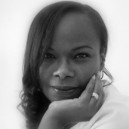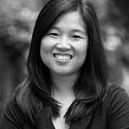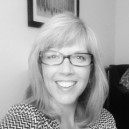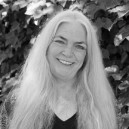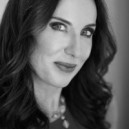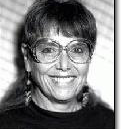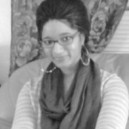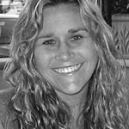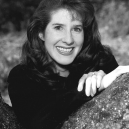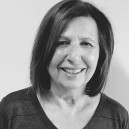Ali Miller
Marriage Family Therapist
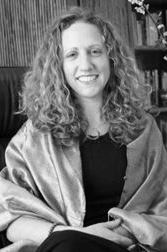 Ali Miller is a Licensed Marriage and Family Therapist in private practice in the Bay Area. Miller chose the road less traveled and received her Master’s degree from the California Institute for Integral Studies (CIIS). CIIS is an accredited, private university established in 1968 and is best known for its lively and diverse community of learners who are committed to exploring traditions of knowledge from many cultures and viewpoints.
Ali Miller is a Licensed Marriage and Family Therapist in private practice in the Bay Area. Miller chose the road less traveled and received her Master’s degree from the California Institute for Integral Studies (CIIS). CIIS is an accredited, private university established in 1968 and is best known for its lively and diverse community of learners who are committed to exploring traditions of knowledge from many cultures and viewpoints.
What made you want to become an MFT?
Two questions motivated me to enter the field of psychology. The first was with me most of my life and motivated me to choose psychology as a major in college: Why do people do the things they do? The second was also a familiar one and became pressing after I graduated from college: How can I make the world a better place? After a lot of in-depth soul-searching about who I was, what I cared about, and what my strengths were, I decided to pursue a degree in Counseling Psychology. I was driven by my passion to contribute to creating a world full of people who are less alienated from themselves and each other, more connected, and more empowered.
What was the hardest part about your educational experience?
Honestly, the hardest part of my educational experience was walking into the school café during breaks in graduate school. I developed tremendous social anxiety while in grad school that would rear its painful head during unstructured time at school, making me highly self-conscious, self-doubting, and self-hating. While excruciating, it also gave me the opportunity to learn a lot about self-compassion, particularly for the shy parts of myself. Supporting others in cultivating self-compassion and dealing with social anxiety and shyness are my specialties now! That's one of the greatest things about this field – our struggles give us more empathy for our clients and whatever we learn about ourselves through facing life's challenges allows us to better help others.
Do you have a special story from your practice?
Having a network of colleagues has been very important for me in private practice, not only for consultation, but also for backup. A few months after I finally filled my women's group after a long period of low enrollment, I got the dreaded call that my mother was dying. I dropped everything and flew to New York to be with her in her final months. One of the hardest parts about this was leaving my clients, particularly my beloved group that was really coalescing. Luckily, a dear colleague with a private practice of her own was available and interested in subbing for me while I was away for three months, allowing the group to continue in my absence. The night my mom passed away I dreamt about my group, and when I returned to work, I was so grateful that all the members were still there and that my colleague was able to support me in that profound way.
What advice would you give to someone thinking about becoming an MFT?
If I were to give one piece of advice to someone thinking about entering the field of psychotherapy, it would be to follow your heart. If I were to give two pieces of advice, the second would be that if you want to go into private practice, learn some business skills. Hanging up your shingle these days does not automatically bring in the clients. Lots of us who are passionate about helping others don't like to focus on marketing, but it seems to me to be necessary today.
What makes your practice unique?
After graduating and a few years into my internship time, I discovered Nonviolent Communication; the work of Marshall Rosenberg, a psychologist and peacemaker who studied with the founder of Humanistic Psychology, Carl Rogers. Since then I've been immersed in learning, practicing, living, and teaching Nonviolent Communication, both inside and outside of my private practice.
Learning Nonviolent Communication (NVC) has completely transformed the way I practice therapy. For example, I rarely think in terms of problems. Instead I think in terms of met and unmet needs. Additionally, I don't analyze my clients. Instead I put most of my energy and attention into trying to give them an experience of being heard and understood, as I believe this kind of deep empathy is what most of us are longing for more than anything else. I am so honored to be able to do this through working with people individually and also with couples. And what is absolutely thrilling for me is that I get to support women in connecting with each other through ongoing women's therapy groups that I've been leading in private practice since 2007. These groups are called Authentic Connection and they provide Bay Area women with a safe space to talk about the truth of their lives, experience relief from isolation, and learn how to create connections that are truly satisfying. I find that after each group session ends, I'm usually pinching myself because I feel so lucky that I get to be doing such meaningful and life-giving work that hardly feels like work at all.
Find her on LinkedIn.












